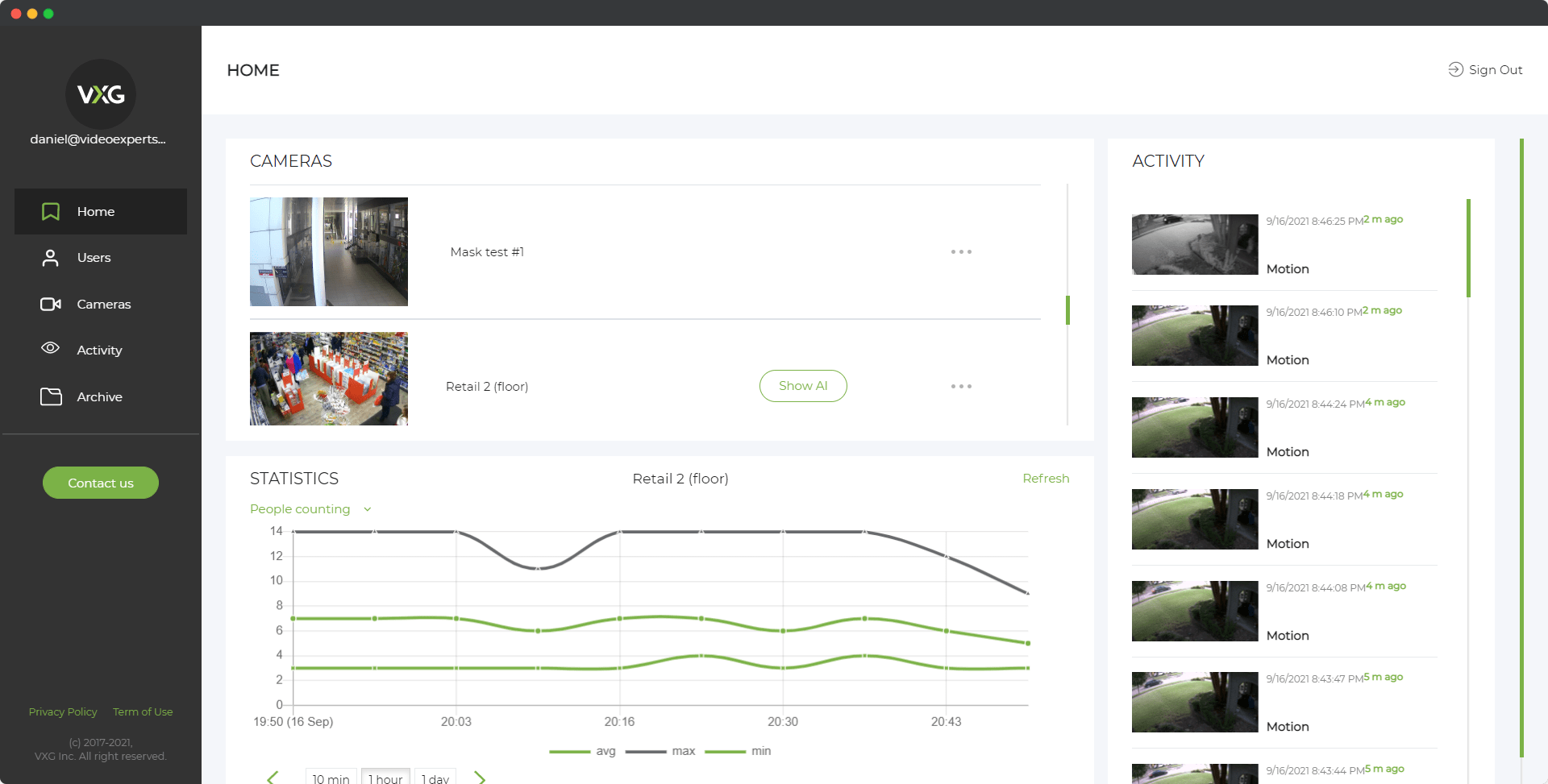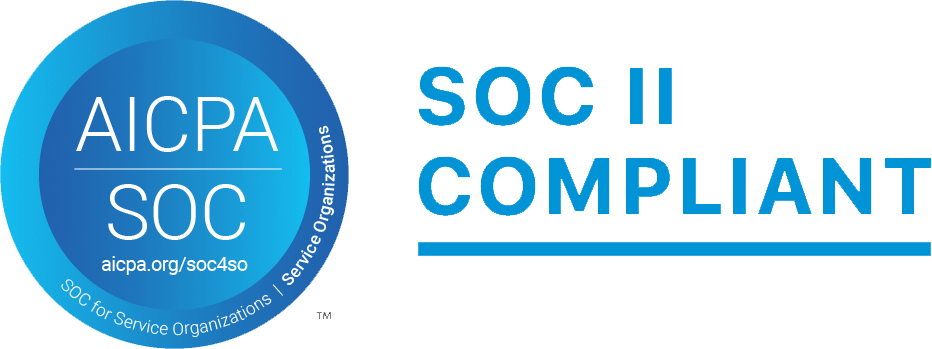Massachusetts has strict laws regarding security cameras, balancing the right to property surveillance with strong privacy protections. If you plan to install a security system, it's important to understand state laws to avoid legal issues.
Are Security Cameras Legal in Massachusetts?
Yes, security cameras are legal in Massachusetts, but they must comply with privacy and wiretapping laws. Homeowners, businesses, and landlords can install cameras, but they must avoid recording individuals where they have a reasonable expectation of privacy.
Where Can Security Cameras Be Installed?
Private Homes
Homeowners can install security cameras to monitor their property, including doors, driveways, and backyards. However, cameras should not record inside neighbors’ homes or private spaces like bedrooms and bathrooms.
Apartment Buildings
Landlords can place cameras in shared spaces such as hallways, lobbies, and parking lots but cannot record inside tenants’ apartments. Tenants should check lease agreements before installing their own cameras.
Workplaces
Employers can use security cameras in common areas such as entrances, offices, and stockrooms to ensure safety and prevent theft. However, Massachusetts law prohibits video surveillance in private areas like restrooms and break rooms where employees have an expectation of privacy.
Public Places
Cameras in public areas, such as streets and stores, are generally legal. Law enforcement can also use surveillance cameras in compliance with state and federal laws.
Is Audio Recording with Security Cameras Legal?
Massachusetts has some of the strictest audio recording laws in the U.S. It is a two-party consent state, meaning all parties involved in a conversation must consent to being recorded. Recording audio without consent can lead to criminal charges, even if the camera is on private property. To stay compliant, either disable audio recording or get clear consent from all parties.
Can Your Neighbor Point a Camera at Your House?
If a neighbor’s camera captures public areas or their own property, it is generally legal. However, if a camera is pointed directly into a bedroom, bathroom, or other private space, it may be considered an invasion of privacy. In such cases, you can try resolving the issue by speaking with your neighbor or seeking legal advice.
Do You Need a Permit for Security Cameras?
Massachusetts does not require a permit for security cameras on private property. However, businesses and multi-unit housing owners may need to comply with local regulations. Some cities may have additional rules, so checking with local authorities is recommended.
Can Security Camera Footage Be Used in Court?
Legally obtained video footage can be used as evidence in Massachusetts courts. However, if the footage includes illegally recorded audio, it may be inadmissible. Courts consider whether the recording was obtained in a public or private setting and whether any laws were violated in the process.
FAQs
Understanding Massachusetts’ security camera laws can help homeowners, businesses, and tenants use surveillance legally while respecting privacy rights.
















